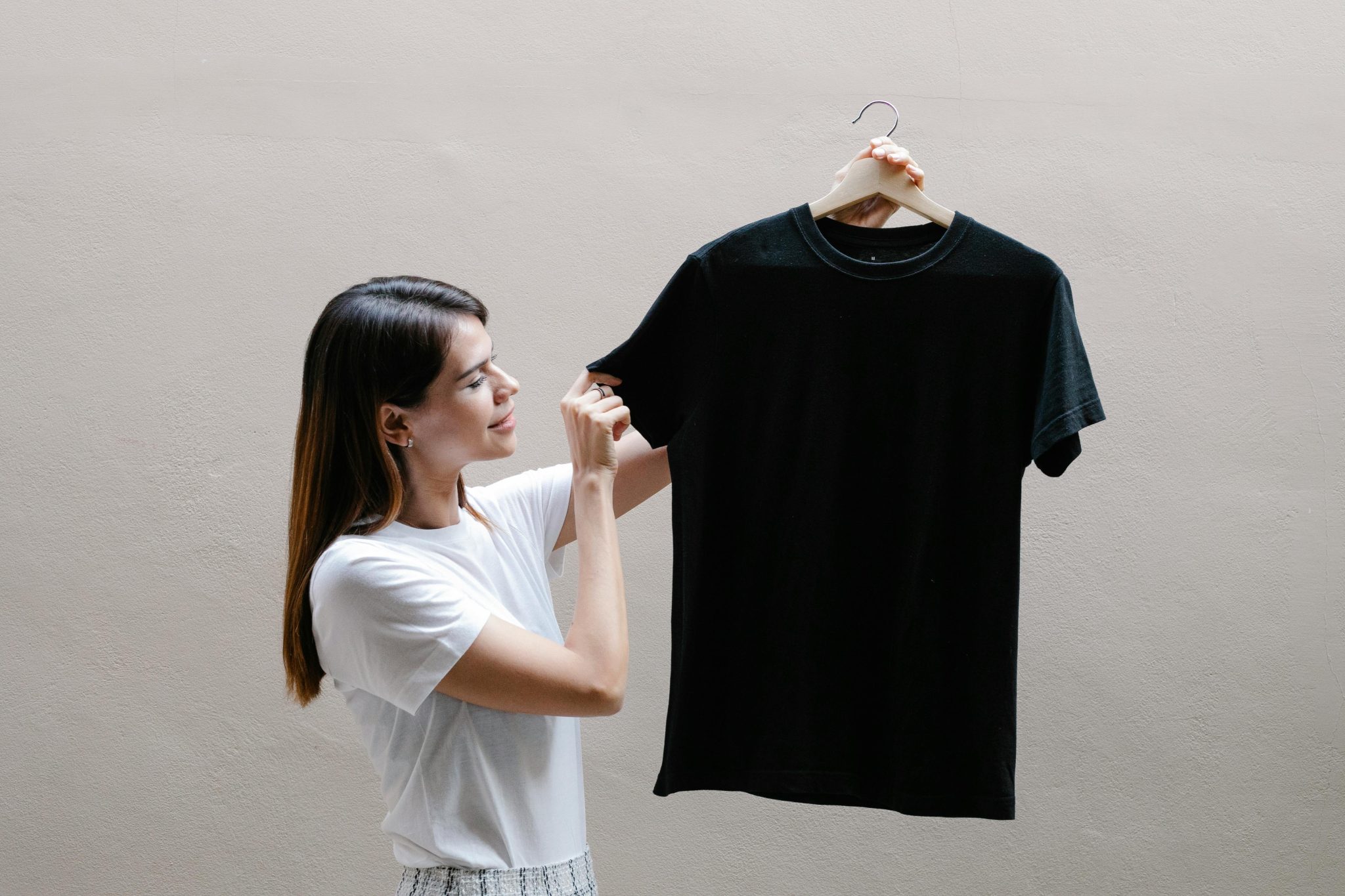Essential Equipment for Starting a Custom T-Shirt Printing Business

The custom T-shirt printing industry is booming, driven by the demand for personalized apparel. From businesses looking to create branded merchandise to individuals seeking unique fashion statements, custom T-shirt printing has carved a significant niche. If you’re considering diving into this vibrant market, equipping yourself with the right tools is crucial. This guide will walk you through the essential equipment you need to start a successful custom T-shirt printing business.
Understanding the Custom T-Shirt Printing Business
Before diving into the specifics of equipment, it’s essential to grasp the fundamentals of the custom T-shirt printing business. This industry thrives on creativity and customization. Unlike mass-produced apparel, custom T-shirts cater to unique customer preferences, making each piece a one-of-a-kind creation. Your potential customers range from small businesses needing promotional gear to individuals celebrating special events or expressing their personal style.
Starting a custom T-shirt printing business offers numerous benefits. You can operate with relatively low overhead costs, and the scalability of the business model allows for significant growth potential. Additionally, the satisfaction of seeing your designs come to life and be appreciated by others is immensely rewarding.
Essential Equipment for Custom T-Shirt Printing

To ensure quality and efficiency in your custom T-shirt printing business, you’ll need to invest in several key pieces of equipment.
Printing Machinery
One of the most critical investments you’ll make is in your printing machinery. The type of printing machine you choose will significantly impact the quality of your prints and the efficiency of your operations.
Direct-to-film (DTF) printing is a cutting-edge method gaining popularity for its versatility and high-quality results. DTF printers, such as the Prestige XL2 DTF printer, allow you to print high-resolution images onto a special film, which is then transferred onto the fabric using heat and pressure. This method eliminates the need for screens or setup fees, making it ideal for detailed designs and smaller batches.
Other notable options include screen printing machines, which are renowned for their durability and vibrant colors. However, they require a more extensive setup and are less suited for intricate designs or small orders. Heat press machines are also popular, using heat and pressure to transfer designs onto T-shirts. These machines are versatile and can work with various materials, including vinyl and sublimation inks. Each printing method has its pros and cons, so it’s essential to consider your specific business needs when choosing your machinery.
Design Software
High-quality design software is indispensable for creating stunning T-shirt designs. Programs like Adobe Illustrator and CorelDRAW offer robust tools for creating and editing vector graphics, which are crucial for ensuring crisp, clean prints.
These software programs allow you to experiment with different design elements, colors, and fonts, ensuring your creations meet customer expectations. Additionally, they integrate seamlessly with most printing machines, streamlining the process from design to print.
Heat Press Machine
A heat press machine is a versatile tool in the custom T-shirt printing industry. It uses heat and pressure to transfer designs onto fabrics, making it ideal for applying vinyl, heat transfer paper, and sublimation prints.
There are various types of heat press machines available, including clamshell and swing-away models. Clamshell presses are compact and easy to use, making them suitable for beginners and small spaces. Swing-away presses, while larger, offer more precision and versatility, as they allow for better access to the garment and even pressure distribution.
When choosing a heat press machine, consider factors like size, temperature range, and pressure control. Investing in a high-quality heat press will ensure your designs adhere well to the fabric and withstand regular washing and wear.
Blank T-shirts and Fabrics
The quality of your blank T-shirts directly affects the final product. High-quality fabrics not only enhance the print’s appearance but also ensure customer satisfaction and repeat business.
When sourcing blank T-shirts, consider factors like fabric type, weight, and construction. Cotton is a popular choice due to its softness and breathability, making it ideal for everyday wear. Polyester and blends, on the other hand, offer durability and moisture-wicking properties, making them suitable for sports and activewear.
Establishing relationships with reliable suppliers is crucial for maintaining consistent quality. Look for suppliers who offer a wide range of sizes, colors, and styles to meet your customers’ diverse needs.
Many print shops prefer sourcing from apparel ranges designed specifically for customization. Options like custom apparel provide consistent quality and durability, making them ideal for screen printing, DTF, and embroidery.
Pre-Treatment Equipment
Pre-treatment is a critical step in the DTF printing process. It involves applying a special solution to the fabric before printing, ensuring the ink adheres properly and the colors remain vibrant.
There are various pre-treatment methods, from manual sprayers to automated machines. Manual sprayers are cost-effective and suitable for small operations, while automated pre-treatment machines offer consistency and efficiency for larger volumes.
Effective pre-treatment is essential for achieving high-quality prints. Ensure the solution is evenly applied and allowed to dry thoroughly before printing. Investing in reliable pre-treatment equipment will save time and reduce the risk of print errors.
Drying Equipment
Once your designs are printed, drying them correctly is crucial to ensure the ink sets and the prints are durable. There are different types of drying equipment, including conveyor dryers and heat guns.
Conveyor dryers are ideal for high-volume production, offering consistent and efficient drying. They use heat and airflow to cure the ink, ensuring it adheres well to the fabric. Heat guns, while more suited for smaller operations, provide a cost-effective solution for drying individual pieces.
Choosing the right drying equipment depends on your production scale and budget. Proper drying techniques will enhance the longevity and quality of your prints.
Cutting Tools and Accessories
Precision is key in custom T-shirt printing, and having the right cutting tools and accessories can make a significant difference in your workflow.
Essential cutting tools include high-quality scissors and rotary cutters, which allow you to cut fabrics and transfer materials accurately. Other necessary accessories include tape, rulers, and cutting mats, which help ensure straight lines and clean edges.
Investing in these tools will improve the quality of your finished products and streamline your production process.
Setting Up Your Workspace
Creating an efficient and organized workspace is crucial for productivity and safety. Arrange your equipment logically, with designated areas for printing, cutting, and drying. Ensure there is ample space for movement and storage, reducing the risk of accidents and improving workflow.
Safety is paramount in a printing workspace. Ensure all equipment is properly installed and maintained, and provide adequate ventilation to prevent the buildup of fumes. Regularly inspect and clean your machinery to prolong its lifespan and maintain print quality.
Cost Considerations and Budget Planning
Starting a custom T-shirt printing business requires a significant initial investment, but careful budgeting can help manage costs effectively. Begin by estimating the costs of essential equipment, including printers, heat press machines, and design software. Factor in the costs of blank T-shirts, pre-treatment solutions, and drying equipment.
Consider potential financing options, such as small business loans, grants, or leasing equipment to spread out the costs. Setting aside a contingency budget for unexpected expenses is also wise.
Effective budget planning will help you make informed decisions and ensure your business remains financially viable during the startup phase.
Conclusion
Starting a custom T-shirt printing business is an exciting venture that offers immense creative and financial rewards. Equipping yourself with the right tools is essential to ensure the quality and efficiency of your operations. From choosing the right printing machinery to sourcing high-quality blank T-shirts and maintaining an organized workspace, every aspect of your setup contributes to your success.
By investing in the essential equipment outlined in this guide and planning your budget carefully, you’ll be well on your way to creating a thriving custom T-shirt printing business. Whether you’re catering to businesses, events, or individual customers, your ability to produce high-quality, personalized apparel will set you apart in this competitive industry.






